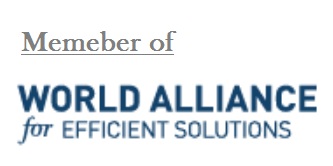World Water Day 2014 will address the nexus of water and energy and it will be coordinated by the United Nations University (UNU) and the United Nations Industrial Development Organization (UNIDO) on behalf of UN-Water.
Water and energy are closely interlinked and interdependent. Energy generation and transmission requires utilization of water resources, particularly for hydroelectric, nuclear, and thermal energy sources. Recent interest in biofuels also creates an incremental demand on water resources; the latest World Water Development Report (2012) predicts that even a nominal increase in biofuel demand (say 5% of road transport by 2030, as predicted by International Energy Agency) could push up the water demand by as much as 20% of the water used for agriculture worldwide. Additionally, biofuel production is linked to increases in water pollution through increased used of fertilizers and agricultural chemicals. Conversely, about 8% of the global energy generation is used for pumping, treating and transporting water to various consumers. Co-production of water and energy, as is the case for geothermal energy generation, offers interesting opportunities to energy- and water-scarce countries.
You can find more about this here: http://www.unwater.org/wwd2014.html
Related to this, in Abangah group we defined a project for training rural women in which it was focused to improve the culture of consumption in two interlinked category: water and energy. This experience has been explained more in the projects part of this website.


 sending...
sending...